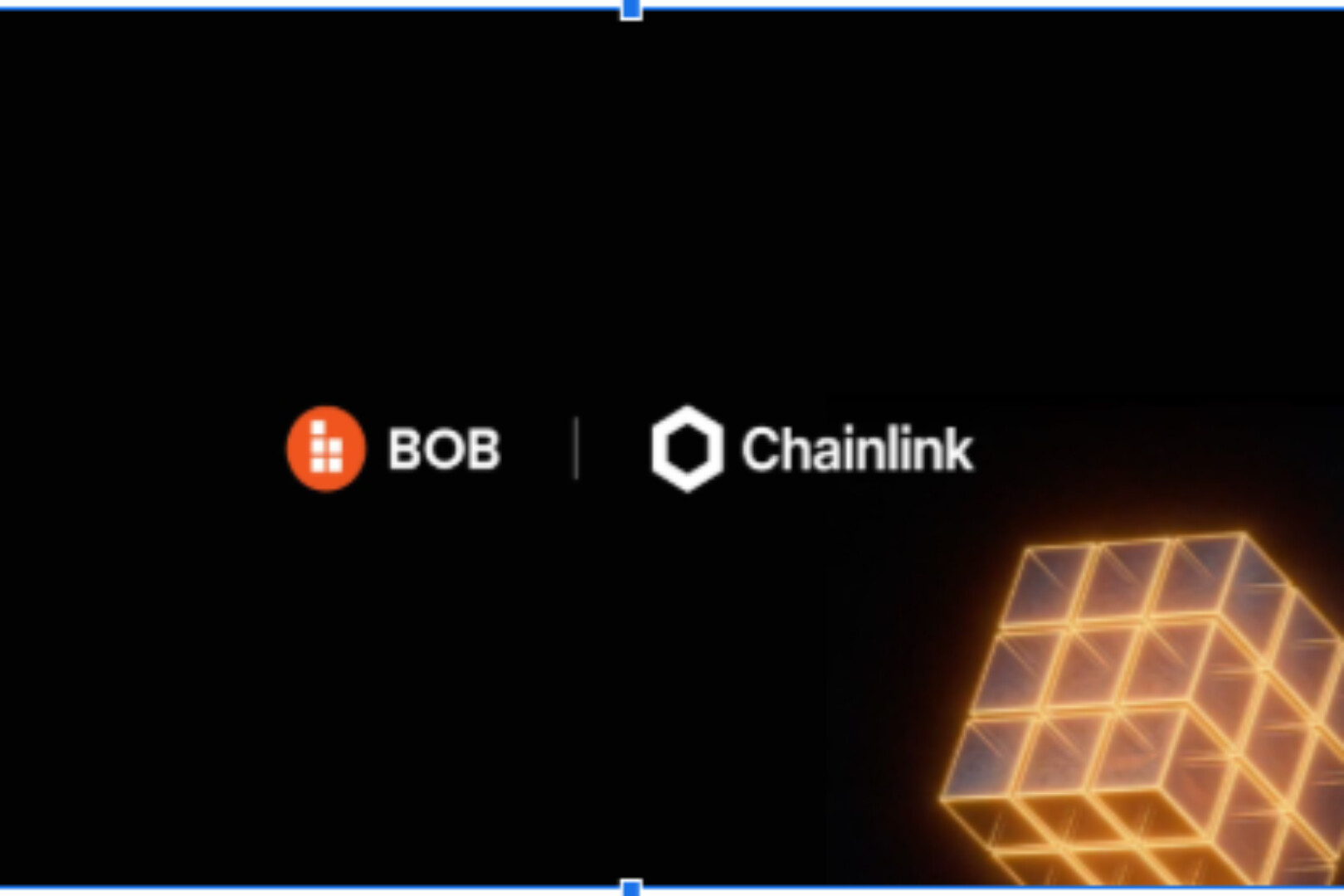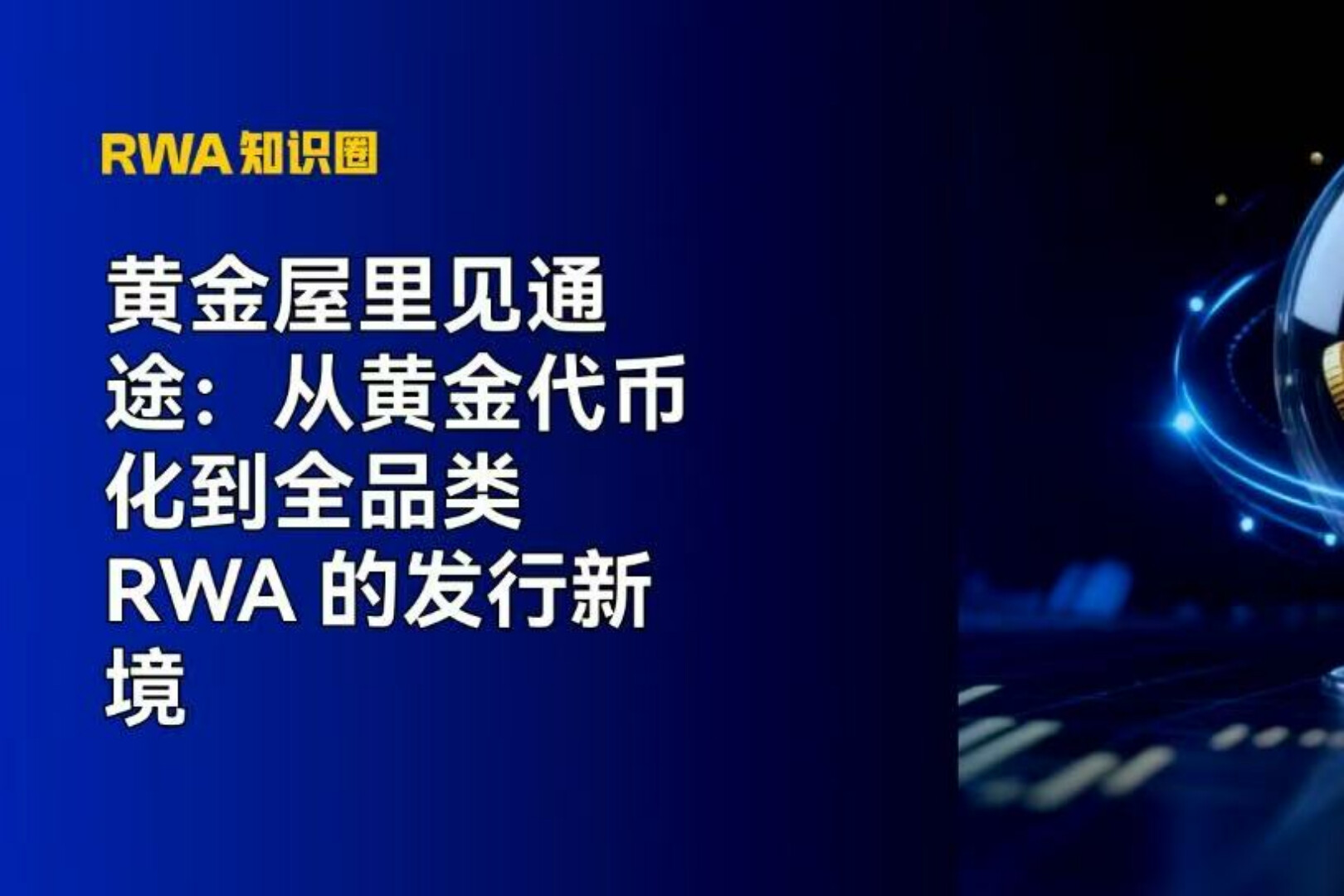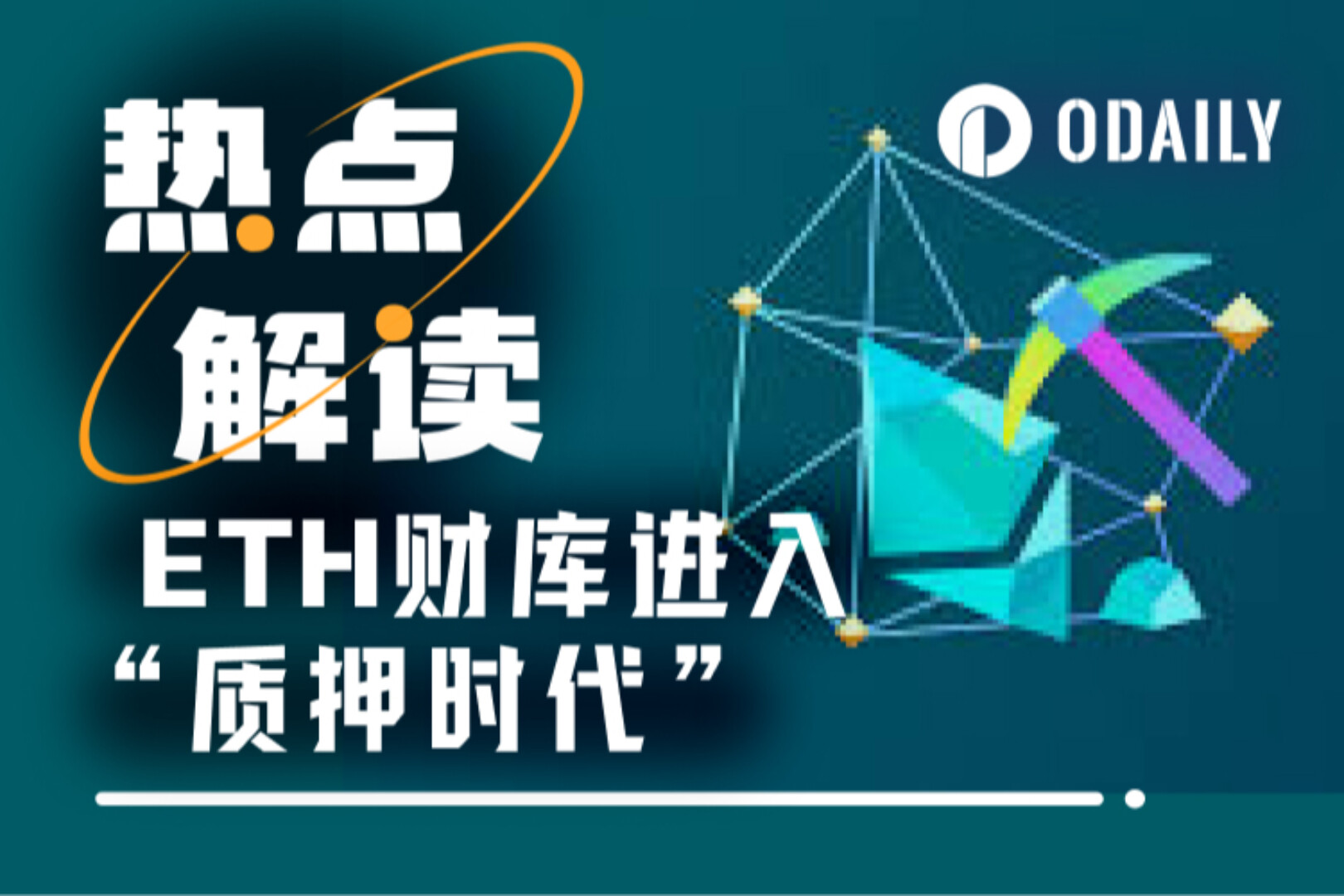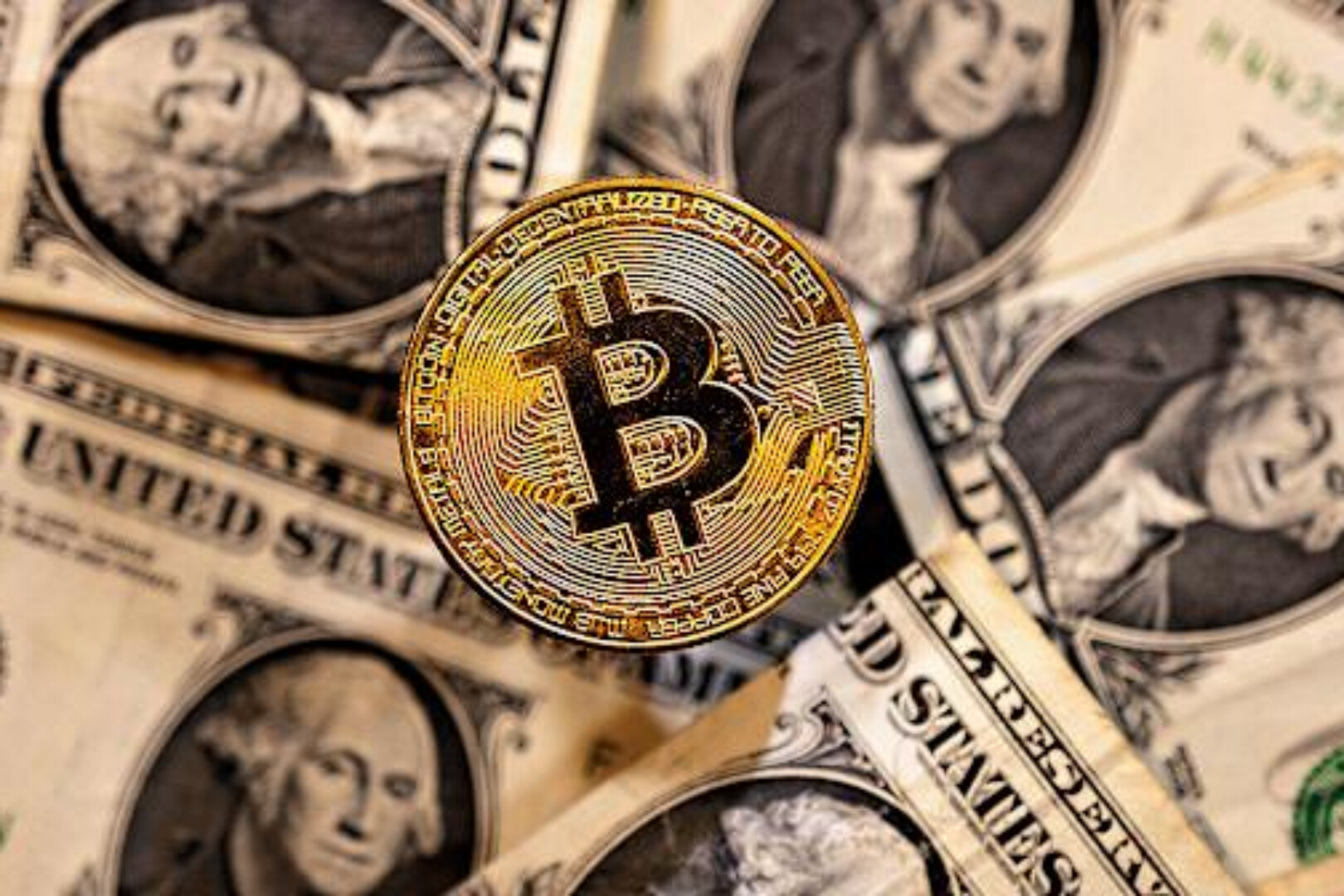first level title
Vision and Policy
As an international financial center, Hong Kong has an open and inclusive attitude towards global innovators engaged in virtual asset business. We appreciate these innovators pioneering the field of Distributed Ledger Technology (“DLT”) and developing new financial innovation solutions that are more cost-effective, inclusive, flexible and epoch-making. Seeing the attractiveness of virtual assets to global investors and the increasing recognition in financial innovation, coupled with the future opportunities brought by virtual assets entering the field of Web 3.0 and the metaverse, we believe that virtual assets are in the market has become indispensable. The government is working with financial regulators to create a favorable environment for the sustainable and responsible development of the virtual asset industry in Hong Kong. Considering the ever-evolving nature and innovative models of virtual assets, we will cooperate in legal and regulatory systems to provide a convenient environment.
We agree that DLT and Web 3.0 have the potential to become the future development trend of finance and commerce. As long as they are properly regulated, these technologies will be able to improve efficiency and transparency, thereby reducing or even solving current problems in settlement and payment. Hong Kong has a thriving virtual asset ecosystem, which can be seen through non-fungible token (“NFT”) issuances in our market, metaverse developers, and DLT adoption activities in trade finance. If we look farther into other uses of virtual assets, such as the trade of art and collectibles, the tokenization of antique objects, or from the perspective of financial innovation, the tokenization of different types of products (such as debt securities) Transformation will definitely usher in greater opportunities.
Supervision
Supervision
In the past few years, the government and regulators have formulated a comprehensive virtual asset regulatory framework based on the principle of "same business, same risk, and same rules". We have introduced a regulatory regime to license virtual asset exchanges on an "opt-in" basis. In terms of asset management, regulators issued guidelines on the management of virtual asset funds and discretionary accounts. In addition, the regulator provides guidance to banks and financial institutions on distributing virtual asset-related products, conducting virtual asset transactions, or providing advice on virtual assets. The relevant regulatory regime has also received broad support from the industry. We believe that through a consistent, clear and clear overall regulatory framework, it will help to lay a solid foundation to meet the financial innovation and technological development brought about by the rapid development of global virtual assets.
In order to further implement the above-mentioned comprehensive regulatory framework, we have recently been working on establishing a licensing system for virtual asset service providers. Under the new system, virtual asset exchanges, like the current traditional financial institutions, must comply with the regulations on combating money laundering and terrorist financing and protecting investors, which will help licensed virtual asset exchanges establish their status and credibility, making them Access to more investors in the Hong Kong market. Another benefit is that financial intermediaries and banks will be able to cooperate with licensed counterparts from the virtual asset sector and provide virtual asset trading services to customers subject to compliance with relevant regulatory conditions. From the perspective of virtual asset exchanges, the licensing regime allows them to open up new distribution channels in Hong Kong to tap the huge asset and wealth management market in Hong Kong worth over US$4.5 trillion. While stepping up preparations for the new licensing system, we are also happy to contact the global virtual asset industry and invite relevant exchanges to explore business opportunities in Hong Kong.
Investor exposure to virtual assets
We have noticed that global investors (whether institutional or retail) are increasingly accepting virtual assets as an asset that can be used for investment allocation purposes. The Securities and Futures Commission ("SFC") will launch a public consultation on the appropriate level of virtual assets trading by retail investors under the new licensing regime. We also note that retail investors in other markets can also gain access to virtual assets through virtual asset-related products such as exchange-traded products. The government welcomes the possibility of introducing virtual asset exchange-traded funds (“ETFs”) in Hong Kong, and the Securities and Futures Commission will issue a circular soon. In addition, launching these products in Hong Kong can connect the virtual asset industry and traditional financial institutions to provide investors with well-designed products, thereby promoting the overall development of the industry in the Hong Kong market. Nevertheless, we will maintain a cautious and prudent attitude towards the risks of retail investors, strengthen investor education, and ensure that appropriate regulatory arrangements are in place.
Property Rights of Tokenized Assets
stable currency
stable currency
Stablecoins are another focus of ours. Stablecoins also have the potential to be interconnected with traditional financial markets, such as payment systems, given their supposed ability to maintain stable value and their increasing use, for example, as a medium of exchange between cryptocurrencies and fiat currencies. Drawing on the experience brought about by the recent crisis in the virtual asset market (encryption winter), there is an international consensus that appropriate regulation must be established for different areas of stablecoins, including governance, stability and redemption mechanisms. In this regard, the Hong Kong Monetary Authority ("HKMA") has issued a discussion paper on relevant issues as early as the beginning of this year, inviting relevant parties to formulate a risk-based, proportionate and flexible regulatory system for regulating activities involving stablecoins for payment purposes , and will release the consultation results and next steps later.
Experiment plan
The government and regulators are studying the launch of the following pilot schemes to test the technical benefits of virtual assets and try to further apply the technology to the financial market. It can be seen from these pilot programs that we are determined to work together with the global virtual asset industry to explore the road of financial innovation.
(a) NFT issuance for Hong Kong Fintech Week 2022, our proof-of-concept project engaging with the Fintech and Web3 communities;
(b) Green Bond Tokens to tokenize government green bond issuance for subscription by institutional investors;
first level title
Appendix: Pilot Program for Testing the Technical Benefits of Virtual Assets and Further Application to Financial Markets
Non-Fungible Token Issuance
Non-Fungible Token (“NFT”) is a new type of digital asset ownership that has emerged in recent years. Art creators and companies around the world use NFT to build communities and connect with communities with the same ideas and goals. In 2022, the Bureau of Finance and Treasury, together with Invest Hong Kong, which is responsible for investment promotion, will launch an NFT issuance pilot program in the annual flagship event "Fintech Week" to promote the use of NFT.
The issued NFT will be used as proof of attendance for participants, and participants will be sent digital badges and souvenirs through blockchain technology. The arrangement for this NFT issuance is simple, even beginners can easily get started. Users can store NFT directly in the cryptocurrency wallet; if they are new to virtual assets but do not have a cryptocurrency wallet, they can temporarily store it with an email address and convert it into NFT later. We will provide NFT holders with a unique experience during the "Fintech Week", allowing them to create their own virtual avatars in the augmented reality world and embark on a journey to experience the Metaverse.
Green Bond Tokenization
Green Bond Tokenization
Bond tokenization can help improve the efficiency of bond issuance and settlement, reduce costs, and attract more investors to the market. Following the completion of Project Genesis (developing two prototype projects using a permissioned platform and a public blockchain respectively) at the Innovation Hub Center established in Hong Kong by the Hong Kong Monetary Authority and the Bank for International Settlements, the use of distributed ledger technology to streamline the green retail bond issuance process proof of concept), the HKMA is now launching a pilot program to issue government tokenized green bonds for subscription by institutional investors. The purpose of this project is to test whether Hong Kong's financial infrastructure and legal and regulatory environment are suitable for handling the entire bond issuance cycle (including issuance, settlement, asset servicing, secondary market trading and redemption) with distributed ledger technology, and to provide Market participants will provide guidance on future issuance of similar bonds. The government will announce more details later to explain the progress of the plan to the industry and the public.
Digital Hong Kong Dollar
Virtual assets and cryptocurrencies are products of technological innovation, but they are not legal payment methods recognized by law, and cannot be fully and effectively used for payment purposes, so they cannot become legal tender in Hong Kong. While, as noted above, we expect virtual assets and cryptocurrencies to drive various financial innovations, the government and regulators believe that Hong Kong must also explore the possibility of launching a central bank digital currency (i.e. “digital Hong Kong dollar”).
first level title
Summary and Outlook
Hong Kong has world-class financial infrastructure, legal and regulatory systems. We are committed to promoting the sustainable development of various financial services throughout the virtual asset value chain, including virtual asset issuance, tokenization, trading and payment platforms, financial and asset management , and storage, etc. The government is ready to embrace the future development of finance and commerce, and supports the technological development and social and economic benefits behind virtual assets. We welcome the FinTech and virtual asset communities and talents to gather in Hong Kong. We will implement the vision set out in this policy statement through accessible policies, comprehensive and balanced regulation, risk-based regulations, and various pilot programs. The government sincerely invites the global virtual asset industry to join hands with us to realize the potential of financial innovation in a clear, flexible and convenient regulatory environment, leveraging on Hong Kong's status as an international financial center and adhering to best international standards and practices.





